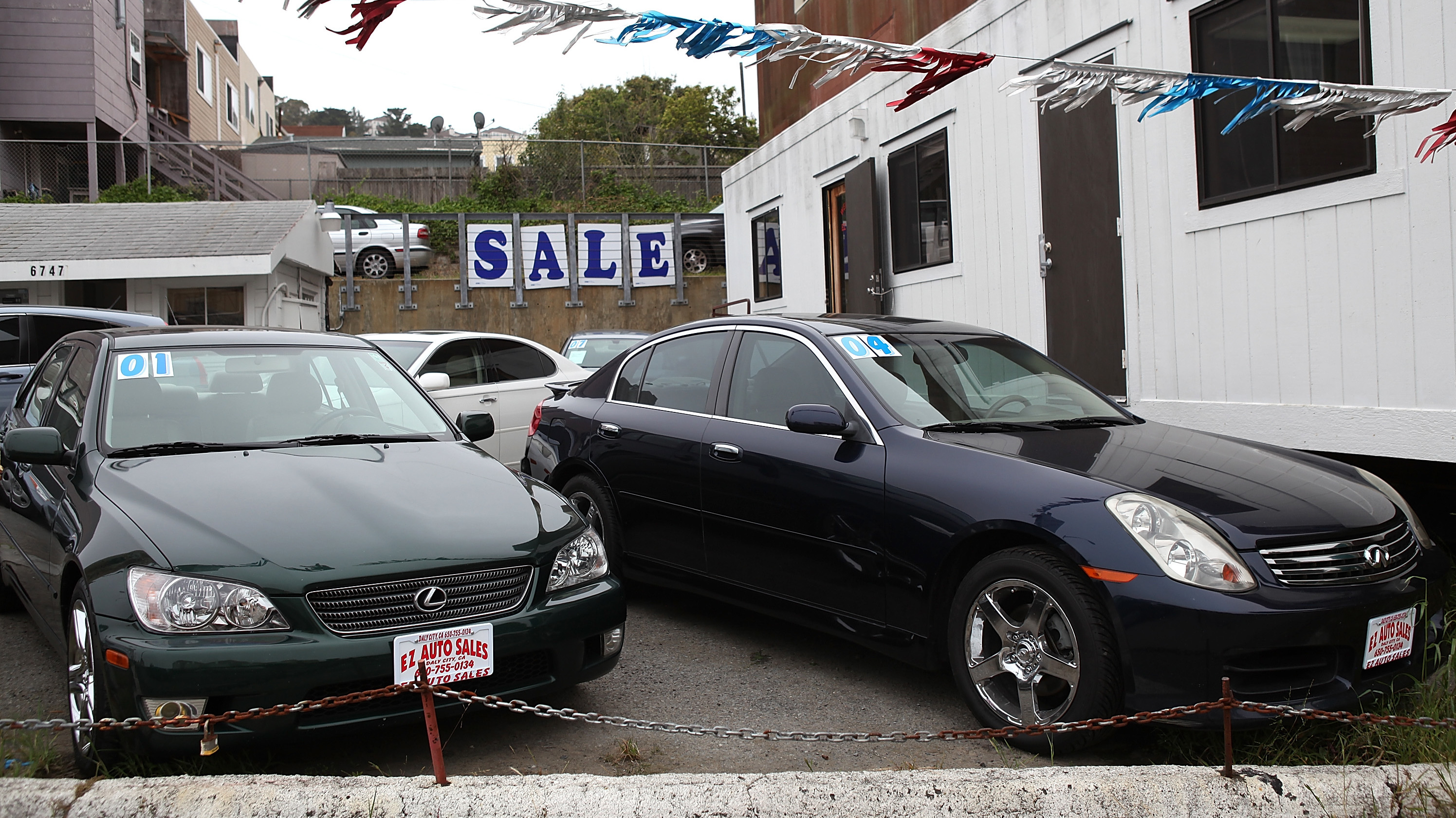Report: Lobbyists Used Copy-Paste Legislation To Legalize Selling Recalled Used Cars
The used car industry successfully lobbied to ensure they could keep selling recalled cars, a joint investigation by USA Today, The Arizona Republic, and the Center for Public Integrity found.
The bombshell investigation, part of a two-year reporting project on so-called copy-paste legislation, where lobbyists use the same bill language in states across the country for a variety of different special interests, details how more than 600 lobbyists in 43 states have been implemented to allow used car dealerships to sell cars with known, dangerous issues.
From the investigation:
Consumer advocates say the bill is a cynical ploy: It requires the bare minimum of responsible behavior on the part of auto dealers – to disclose open recalls to customers – while leaving out any requirement for them to actually fix the defects that led to the recalls.
One would think this is an indefensible position. After all, as the article points out, new car dealerships cannot sell recalled vehicles. Why should used cars be any different? Who could possibly defend the legality of selling a product with known safety issues?
Lobbyists, that's who.
One of the chief lobbyists told USA Today that there was nothing wrong with any of this, since dealers still have to inform customers of the recall. But the law doesn't specify how or when they have to disclose it, so naturally used car dealers tend to do so in the time and manner least likely to influence or even come to the attention of the prospective buyer.
As one advocacy group leader put it:
But Rosemary Shahan, president of Consumers for Auto Reliability and Safety, a California-based consumer advocacy group, said auto dealers are interested only in protecting their bottom lines, not the safety of customers.
"If the dealers can get the bill passed, they will be able to say the only duty they have is to 'disclose' that there is a safety recall, which can be hidden in a stack of documents and presented to the consumer only after they have already test-driven several cars, chosen a car, negotiated the price, applied for credit and signed a purchase or lease contract," Shahan said. "Too late to be effective or meaningful as a form of disclosure."
Do read the entire article and check out the series on copy-paste legislation.
